Powerful ZEISS Milvus 2.0/100mm for your Nikon Camera with F -Mount
Top-Features
- Macro lens
- Lens mount: Nikon F
- Aperture 2.0
- Fixed focal length
- Min. focus distance: 44 cm
- Filter thread: 67 mm
Powerful ZEISS Milvus 2.0/100mm for your Nikon Camera with F -Mount
The ZEISS Milvus 2/100M macro-Planar for your Nikon camera with F-mount is currently the fastest 100mm macro lens on the market and closes the gap between distance and breathtaking closeness. The lens bridges distances and allows photographers to create unique image compositions. This fast macro lens is perfect for long distances, such as portrait photography. Its precisely machined mechanical components with a wide focusing range allow for precise control, which is especially important for close-up macro photography.
The Planar lens design is the most successful camera lens concept - also the most copied of all time. It gives the optics computer numerous options to correct all aberrations exceptionally extensively. And its imaging performance is very consistent over a wide range of magnifications, the crucial prerequisite for universal macro lenses such as the ZEISS Makro-Planar lens.
All lenses are coated with T*® anti-reflective coating from ZEISS. Optimized stray light reduction takes place through a combination of finely tuned measures. In addition to the ZEISS T* coating, all lens edges are elaborately hand-finished with a deep black special coating. Light traps in mechanical components and specially calculated surfaces are integrated to prevent reflections from occurring in the first place. Each focal length is characterized by an individual optical design with partial use of special glass types with anomalous partial dispersion. This extremely minimizes the tendency to color fringing at high-contrast subject edges.
Due to their high imaging performance, ZEISS Milvus lenses are especially designed to meet the requirements of current and future high-performance digital cameras. High-contrast images are possible even with increasing dynamic ranges of the sensors (HDR) due to the low level of stray light in the lens. The minimization of aberrations such as coma, astigmatism and spherical aberrations enables consistently high resolution across the entire image field. The optics have the potential to get the most out of even high-resolution systems. No matter what the future holds - with Milvus lenses from ZEISS, you are well equipped.
Operating a lens manually means controlling the image result gently and precisely from your fingertips, and thus consciously shaping it. Ergonomics is everything. The ZEISS Milvus lenses feature a large rotation angle that enables perfect focusing to the point. The high-quality focusing mechanism is smooth and has no play: this supports creative play with the plane of focus of fast fixed focal lengths. Changes are immediately visible in the viewfinder or display. The engraving in meters and feet as well as the depth-of-field scale provide additional help when focusing manually. The stepless and silent aperture adjustment (de-click function with ZF.2 mount), in addition to the long focus travel for these photo lenses, provides the best conditions for videography.
Optimized ergonomics ensure the best handling, thus enabling fatigue-free photography and reducing the risk of camera shake. The all-metal body makes every grip a tactile experience. The dynamic, precise housing design sets new standards in the world of photographic lenses. However, the ZEISS Milvus lenses not only impress with their outstanding housing appearance and feel, but also with their inner values. Special seals for protection against dust and splash water expand the creative possibilities in various shooting areas - so reliable function is guaranteed even under difficult conditions.
Modern camera systems with high-resolution digital image sensors demand more and more performance from lenses. The floating element design enables consistently high imaging performance in the focal plane - from the closest focusing distance to infinity. This is achieved by changing the axial distance of individual lenses or lens groups from each other. The adjustment of the lens distance is coupled to the distance setting, so that the correct correction is always achieved. The mechanical design of the ZEISS Milvus lenses is very complex and the processing must be particularly precise - both of which are ZEISS's core disciplines.
| General | |
|---|---|
| Product line | ZEISS Milvus |
| Product type | Macro lens |
| Lens type | Macro |
| Lens type | Fixed focal length |
| Sensor type | Full-Frame |
| Colour | black |
| Image sensor | |
|---|---|
| Sensor format | ~24x36 |
| Electronics | |
|---|---|
| Focusing | Manual focus |
| Lens | |
|---|---|
| Bayonet mount | Nikon F |
| Focal length | 100 mm |
| min. Focal length | 100 mm |
| longest focal length | 100 mm |
| max. speed | 2.0 |
| Max. aperture | 2.0 (WW) |
| Number of blades | 9 |
| Opt. composition (groups/elements) | 9/8 |
| min. Close-up | 44 cm |
| Magnification | 1:2 x |
| Lens hood | ✔ |
| Filter thread | 67 mm |
| Dimensions | |
|---|---|
| External dimensions | 117,5 x 80,5 |
| Total length | 117.5 mm |
| Diameter | 80.5 mm |
| Height | 80.5 mm |
| Depth | 80.5 mm |
| Weight (incl. battery and memory card) | 843 g |
| Other features | |
|---|---|
| Waterproof | ✔ |
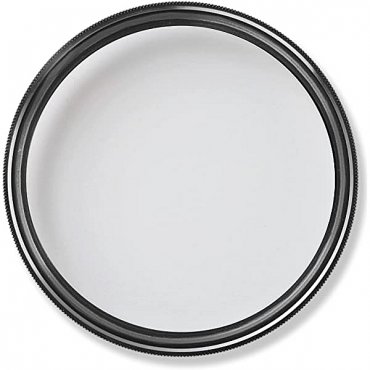
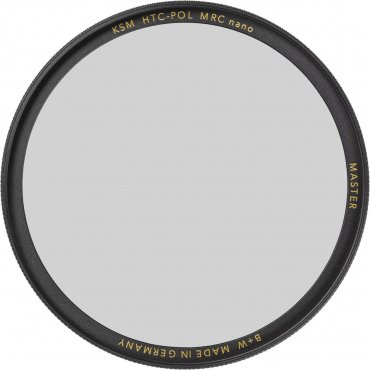
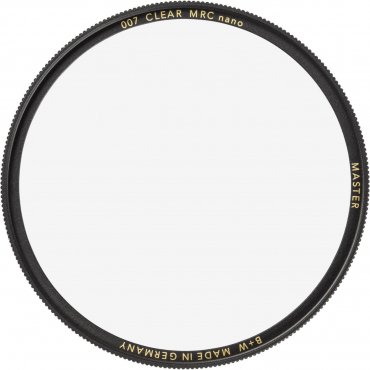
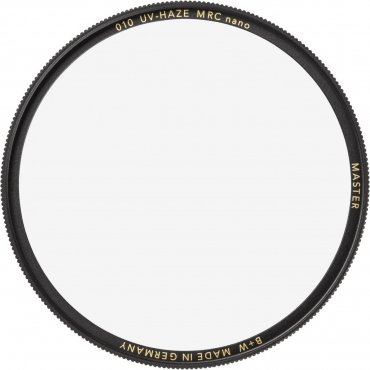
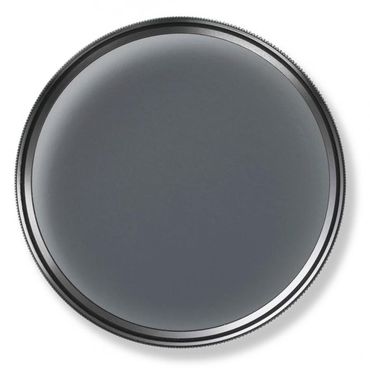
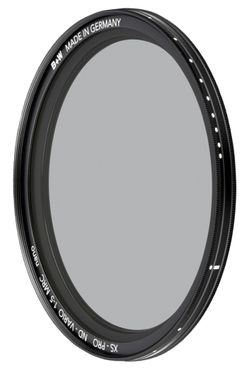
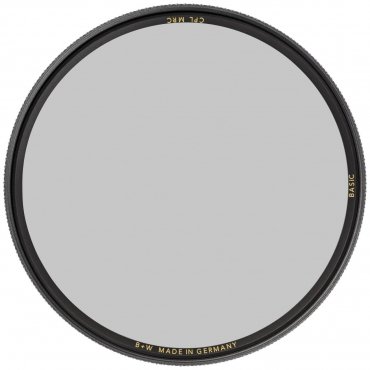
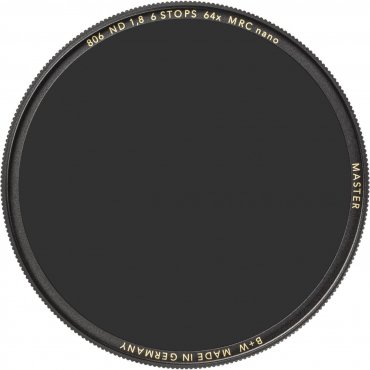
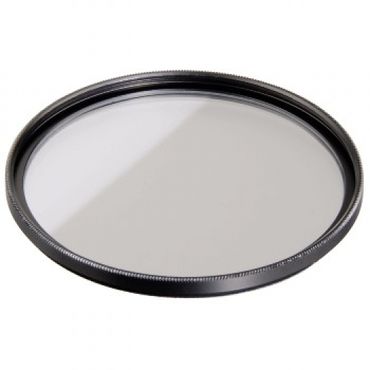
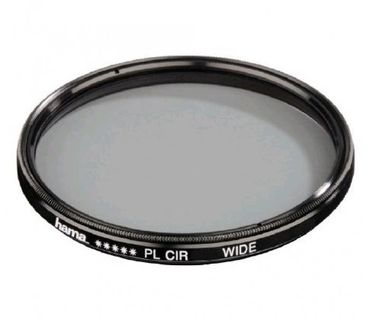
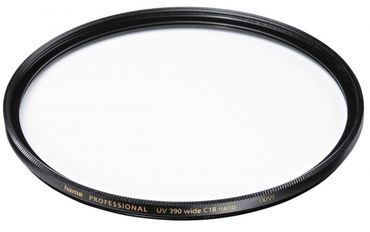
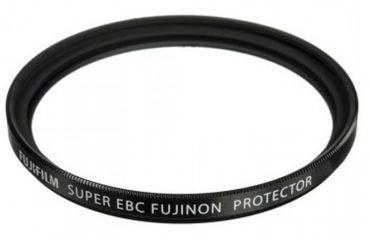
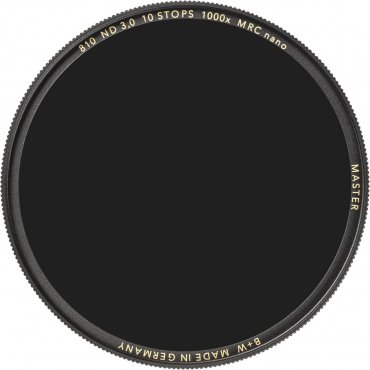
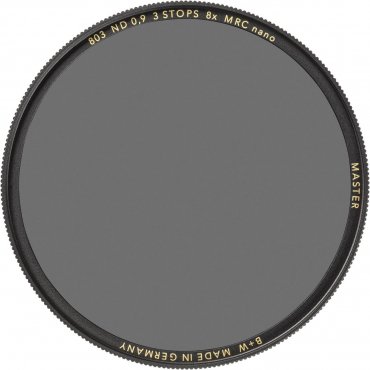
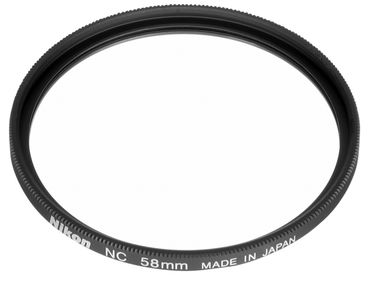
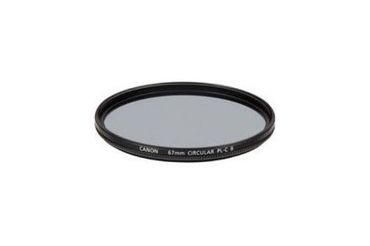
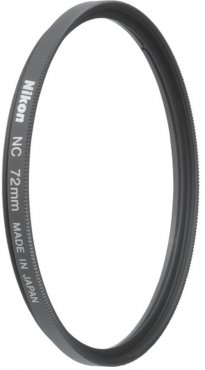
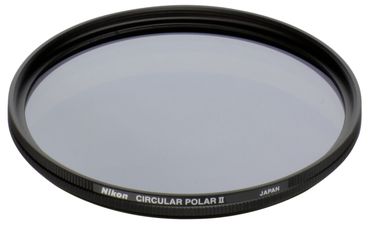
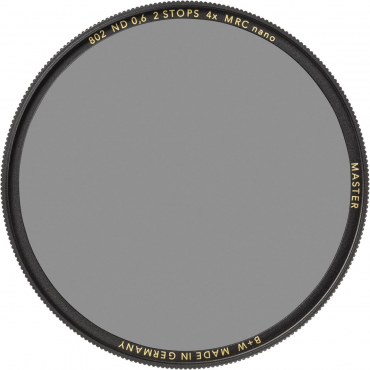
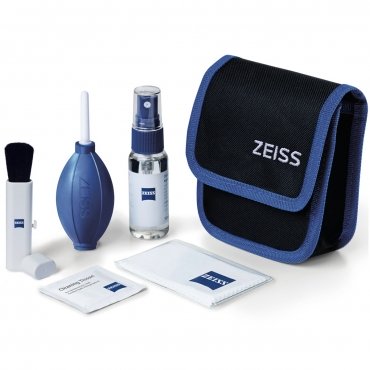

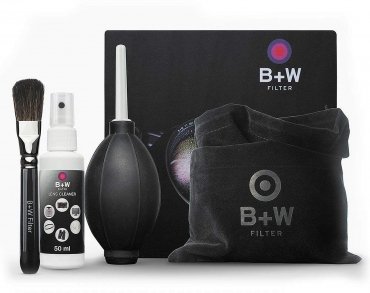
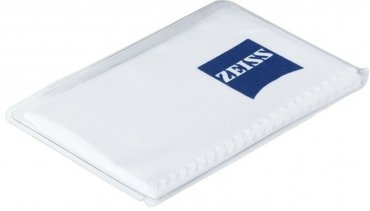
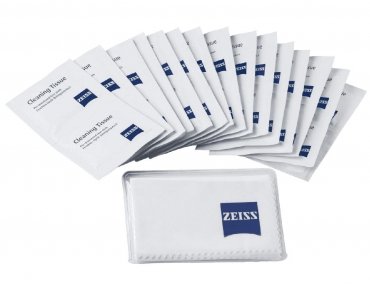
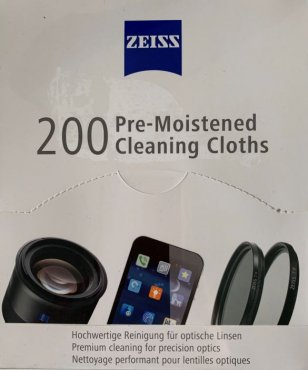




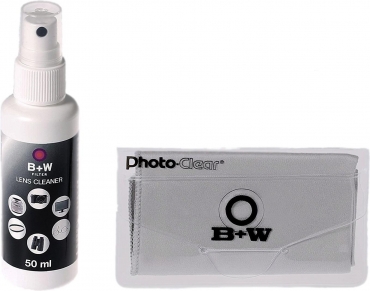
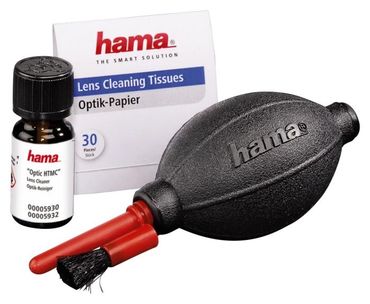
Your opinion counts! Are you satisfied with this product? Write a short review and help others to find a suitable product!
Rate product
Simply subscribe and benefit as a newsletter recipient every week: